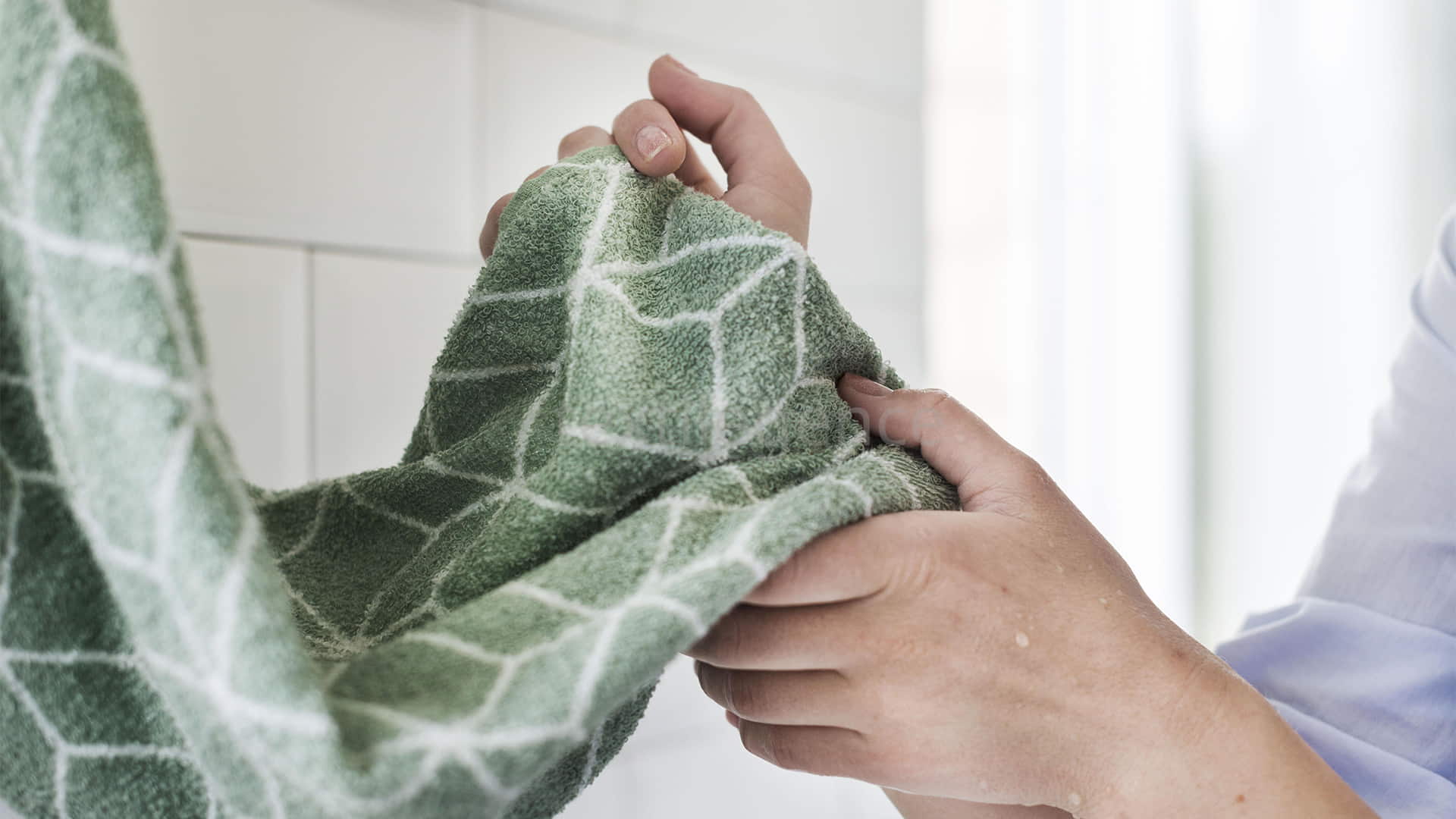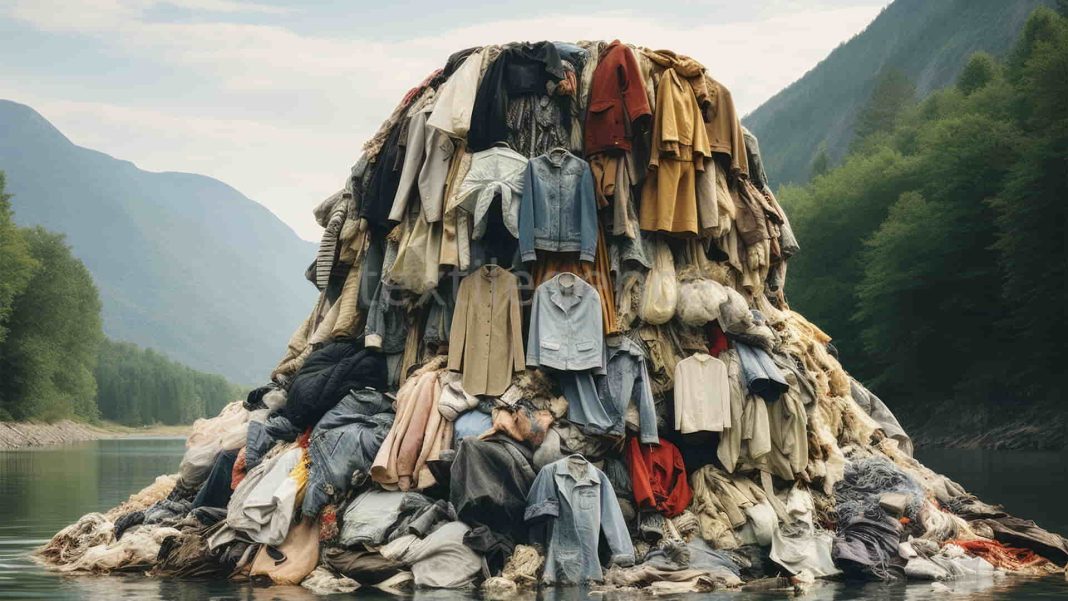The latest paper of Zero Waste Europe, the European network of communities, local leaders, experts, and change agents working towards the elimination of waste, asserts that the textile industry must reform its practices now or risk deteriorating further into an unsustainable and harmful business model. The paper, entitled “A Zero Waste Vision for Textiles – Chapter 2: Circular and toxic-free material flows” assesses the current state of textile circularity in the EU and proposes a number of policy interventions.
Co-author Theresa Mörsen, Waste & Resources Policy Officer at Zero Waste Europe, said that the state of circularity in the textile sector is notably poor, and the latest projections for reuse and recycling in the sector are everything but promising, noting that the overall growth in the sector will nullify any progress made on circular activities.
For a circular textile industry, measures should be taken against hazardous chemicals and microplastics
The paper emphasises the urgent need to phase out hazardous chemicals and tackle the release of microplastics, both of which cause a significant amount of pollution and are barriers to achieving a toxic-free circular economy. Consumers can be exposed to hazardous chemicals in textiles – such as PFAS and heavy metals – through skin contact, inhalation or unintentional ingestion of dust released from the materials. It is underlined that the most problematic chemicals can be found in textiles used by children and pregnant women, who are most vulnerable and may experience more adverse health effects.

Dorota Napierska, contributor and Toxic-Free Circular Economy Policy Officer at Zero Waste Europe disclosed: “Unlike other products, we can’t avoid coming in contact with textiles every day of our lives. That’s why the safety of these products is vital. The presence of harmful chemicals in our clothes not only threatens public health but also makes recycling even harder — undermining the transition towards a circular system.”
Recycling plays a crucial role too – but only once manufacturers ensure high-quality and durable products, while prioritising local reuse and upcycling. The paper outlines a vision where textile recycling is not just a niche activity but a cornerstone of the industry. ‘Downcycling’ is discouraged in the outlined best practices, meaning significant enhancements must be enacted in the preexisting infrastructure to allow high-quality fibres can be recycled.
